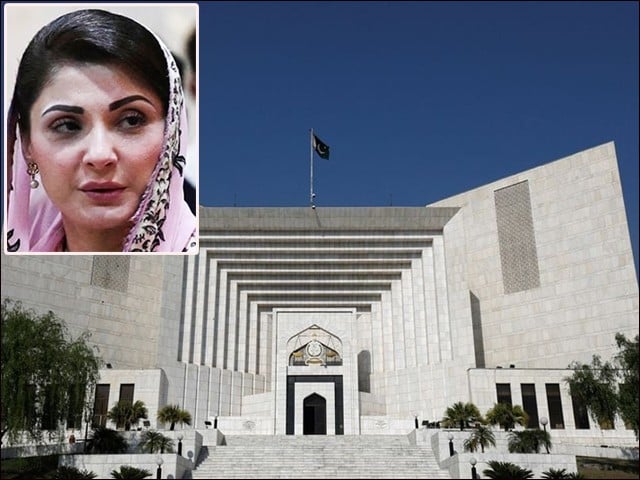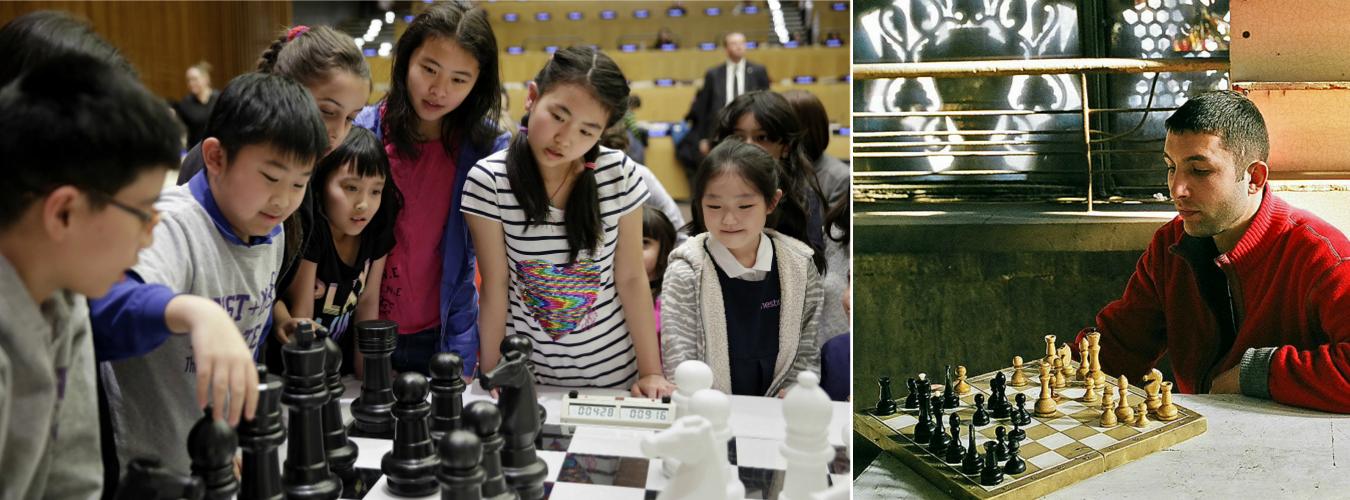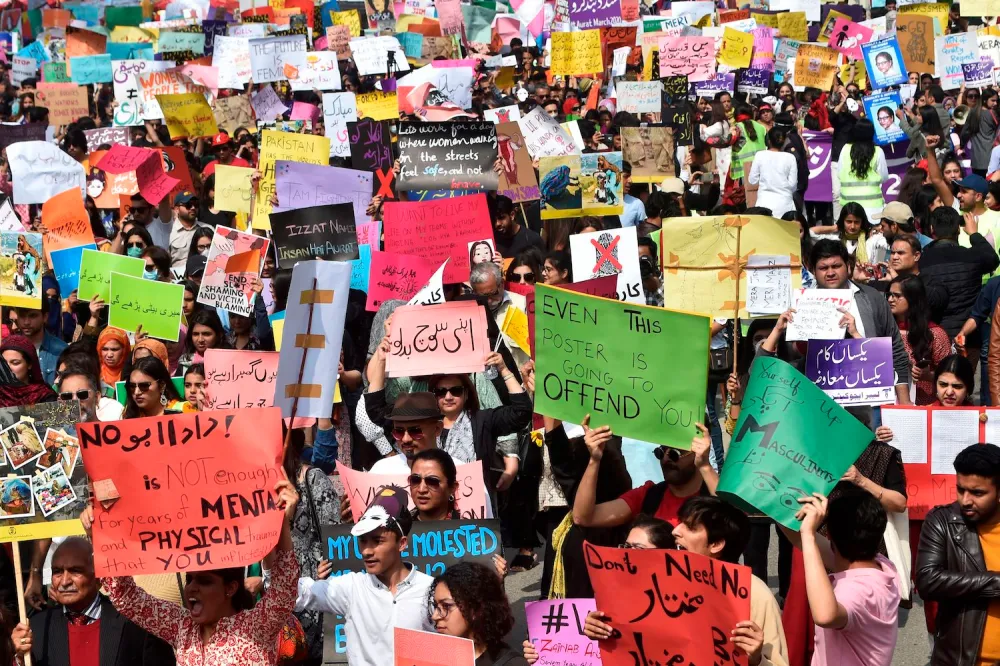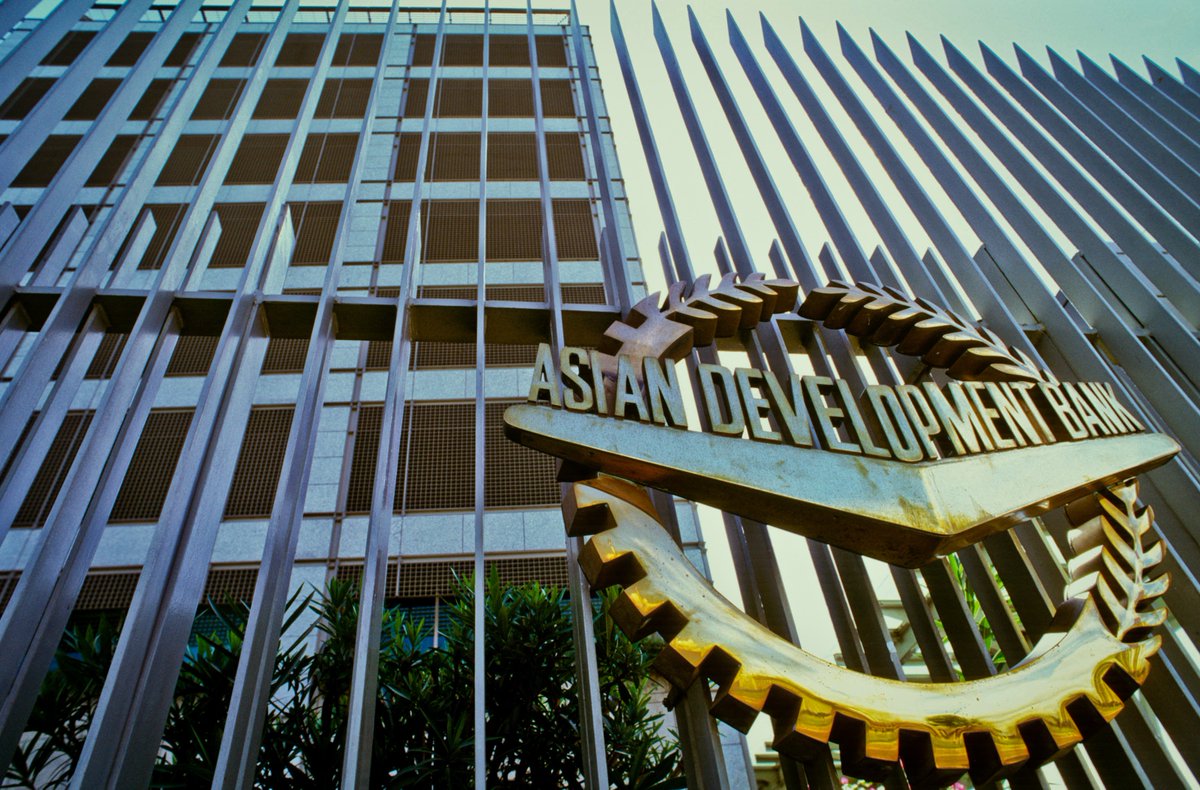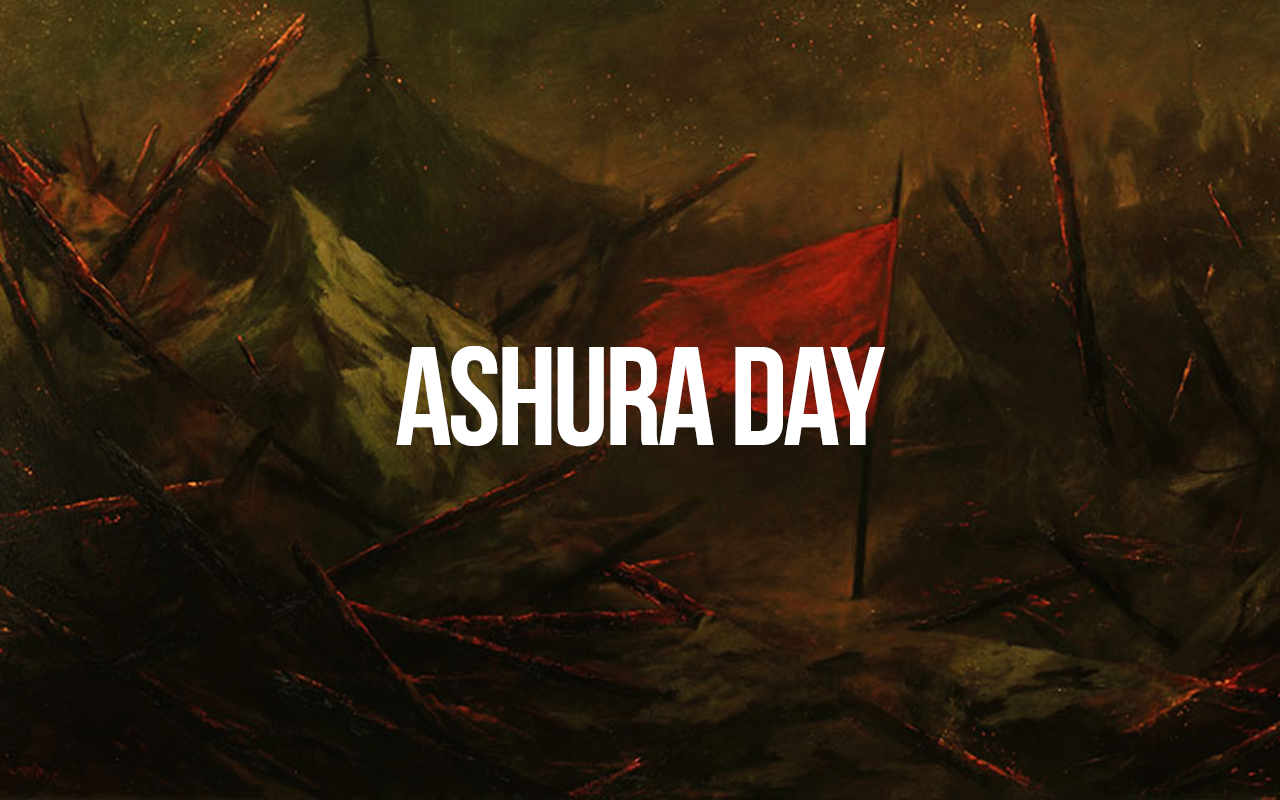
A short story by Abdul Rauf
Razia was getting upset as her 5-year-old brother who was not going to sleep despite a thick fog had overcome everything around her and there was a pin-drop silence in the village. Her eyelids were drooping heavily as she had constantly worked all day since she had woken up with the rooster crowing. She narrated many folk tales and sang several lullaby songs but the little boy was all the way crying and saying: I’ll go to Lahore to see my mother. At last, she couldn’t help falling asleep and her brother, feeling scared, shut his eyes, and soon he was also in the grips of drowsiness; his sobs subsided by and by. Early that morning, Razia’s mother Azmat Bibi had called her while she was packing her home-sewn school bag hurriedly. “Yes, Ammi Jee!” She said. “If you sacrifice for your younger brothers and sisters, they could study further”. Seeing helplessness in the eyes of her mother, she put down her school bag and said, “Ok Ammi Jee!” She prepared the luggage of her mother for a train journey to Lahore. Dhanni, the tonga wala reached soon. Razia’s father Bashir Muhammad had a special affection for him as he hailed from their neighboring district of Gurdaspur in East Punjab. Dhanni had decorated his tonga and the horse immaculately. Her father helped his sickly wife to lie down at the seat of the tonga and they started their long journey while their worried children looked on. However, Razia tried to appear confident.
This village of Sandal Bar, like many others around, was inhabited mainly by refugee families from East Punjab districts like Patiala, Jallandhar, Hoshiarpur, Gurdaspur, Ferozepur, Ludhiana, Amritsar, etc. Their lodgings were situated in a separate quarter from that of the Settlers, mainly Jatts from the Sialkot District. They were called Bashinde (natives) by the refugees (called Muhajirs in turn). While the real sons of the soil mainly resided near the Rivers: Ravi and Chenab. In the beginning, both Settlers and Muhajirs remained reserved for each other. Most of the Settler Jatts had a sense of pride in being relatively big landowners as, in the beginning, the refugee families were penniless and landless. They were called: Shohde Panahgir (bloody refugees) contemptuously by some of them. However, some of the God-fearing Settlers used to help the Muhajirs out of their problems. Traditionally, most of the Muhajirs were aligned with the ideology of the political right wing of the country; while an overwhelming majority of the Settler Jatts thought the other way. With the passage of time, the refugee families started leaving the Settlers behind in every walk of life as they had to work very hard for their existence. With the selection of Raees Muhammad (from a refugee family) into the Police Service of Pakistan, the balance of power shifted in the village and around. Now they were more vocal and their influence increased in the area.
“Please get up Chaudhary!” Implored Azmat Bibi shaking the shoulders of Bashir Muhammad. As usual, he was snoring in a deep slumber. After getting a long treatment at Lahore, she was now able to undertake some light household errands while Razia did all heavy assignments. Although Azmat Bibi had not yet crossed the threshold of advanced age, she seemed much older as she was suffering from many diseases. After giving birth to more than half a dozen children, she felt much weaker. She belonged to that age group who had undergone the traumas of partition. It had affected their physique as well as their psyche. Apart from the pangs of separation from her lovely village and relatives in Hoshiarpur, she had to work much hard continuously in her life. Due to her poor health, she remained worried about her family all the time.
Bashir Muhammad often asked her not to be extra painstaking. “Look!” he used to say to her, “When Nusrat and Benazir went to see Bhutto in his death cell, both were much perturbed. But he asked them daringly, “Leave all sorrows. Let’s have tea and celebrate our meeting on this beautiful afternoon”. Bashir Muhammad was much fond of the charismatic leader who had recently been executed after a military coup. He sincerely felt that only Bhutto had the ability to emancipate the nation from all odds. On the contrary, Azmat Bibi, like most other Muhajirs, felt attracted to the slogan of Islamization in the country.
After much struggle, Azmat Bibi was able to awaken her husband. “All girls of the neighborhood have left at last”. She told him who was sleepy yet. “These girls of the modern age are much mischievous. Today they have broken chorpoy while playing pranks. What can I say to them on this opportune occasion of the wedding of our beloved Razia? All the time foolish singing and tactless giddha (a wedding dance performed by ladies in East Punjab). “Leave it!” Her husband waved his hands in the air trying to copy Bhutto and said, “Pick up the lantern and come along”! All their children were fast asleep. He himself took up the metallic flour tub and both walked towards the heap of wood in their spacious courtyard. They had put jewelry and other valuables of their daughter’s dowry into it. All of a sudden, Boori– the buffalo put her mouth out of the cattle barn window and uttered: Oonh! Out of all the cattle, Boori was the darling of her masters and often behaved like a spoiled child. She was so accomplished that when coming back after a bath in the canal, she used to open the gate of the house with her paw. “Have your meals Boori quietly!” Bashir Muhammad said to her firmly but in a low voice. He used to talk to them and the animals seemed to understand his utterings. He was many kinds to his buffaloes. While milking in the winter season, he used lukewarm water to cleanse their udders. He cut their hair after every winter season with much care. He sieved their husk laboriously and deputed his young son to sit near their trough so that the hens may not pollute it.
Boori complied with the orders and moodily put her mouth down into the trough. Then the hens started murmuring in their coop and the rooster flapped his wings anxiously. Bashir Muhammad saw them angrily but before he could say anything, his wife whispered to him to be tactful. They put a thick cloth over the flour tub and leveled logs of wood over it. Theft of cattle and dowry items had increased recently. Bashir Muhammad attributed all this to the new regime.
“Bloody bumpkins!” exclaimed Nadir blowing horns constantly. But the villagers were absorbed in their own world. Some were taking buffaloes to the canal while others were carrying wooden plows on their shoulders. As a result, Nadir’s car was unable to move ahead quickly. Raees Muhammad, who was sitting beside Nadir, said to him, “Don’t be a hasty boy! Do at Rome as Romans do”. Wearing dark spectacles and a starched boski suit, Nadir seemed to be a prince to the country women who stood at the thresholds of their mud houses, their mouths wide open. “Nee!” Said one of them to the other, “He is the same boy of Gujjars who used to milk buffaloes here some years ago. Look! How fair seeming has he grown living at Lahore”.
There was an announcement on the loudspeaker of the village mosque: Brothers of faith! Our pride Raees Muhammad Ch. has reached from Lahore. Soon all the village people flocked to greet the police officer who had come back after many years to attend the wedding ceremony of his niece. First of all, old women greeted him, “Mera Kaptano” exclaimed Amma Choohran, a dhoti-clad decrepit old lady around one hundred years of age. Raees Muhammad hugged her, kissed her wrinkled forehead, and handed her a crisp note of Rs.100/-. He told her that soon a press reporter will come to interview both her and her old husband, Baba Manka. “But mera potar!” She implored, “My grandsons roam about all the time aimlessly. Please employ them in Shahi Police”. Raees Muhammad promised the same. Then came forward
Mai Jolahi, then Mai Rakkhi, and so on and so forth; all hugging him, his giving them a note of Rs.100/- and their imploring hands-folded to employ their kinsfolk. Then the old peasants of the village, wearing dhotis and turbans, greeted him. He hugged each of them and shook his both hands with them as a country gesture of respect. All people had only one request: Employment for their children. Then came forward a small deputation of young students hesitatingly: Sir! We can no more study in the dim light of lanterns. Please arrange an electricity connection for the village! “What has a police officer to do with an electricity connection? Get lost you, scoundrels!” Exclaimed Nadir, revolving the keys of his car around his index finger. He was irritated to see such a large number of people sitting idly in their courtyard. He longed to return to Lahore at once to sit in the Gymkhana Club among his mod-squad friends, eating and drinking merrily. Raees Muhammad pressed his hand: They are our own people. They have a right over us. If the chance is, I’ll employ all of them. “Look!” He said passionately pointing towards the young boys, “They are the future of Pakistan. They need to study under better conditions. Let me return to Lahore once. I’ll do something for it”. “OK mama Jee” said Nadir thoughtfully. He was now planning to go hunting in the fields with his buddy Liaqat.
“Breakfast is ready”, voiced Azmat Bibi from inside the kitchen. The smoke of burning wood in an earthen stove made the eyes of Raees Muhammad tearful. While sitting on a low wooden seat, he recalled his training days at Sharda Police Academy in Bengal. He missed their delicious bulged omelets and sweet-smelling tea prepared by his elder sister. He told her that despite visiting many countries of the world, he could nowhere find such well-cooked food and pure bedding. She saw her brother with love and her eyes became wet with emotion. “But Raees!” She said, “Have you forgotten the delicious buttered bread of maize flour and saag (spinach dish) Maa used to prepare in the des (their ancestral village in Hoshiarpur)! Raees Muhammad also got emotional. Then they recalled their father’s taking them on a bullock cart to the shrine of a holy being to attend a fair there; they called it: Mieyen da mela.
To be continued…








































